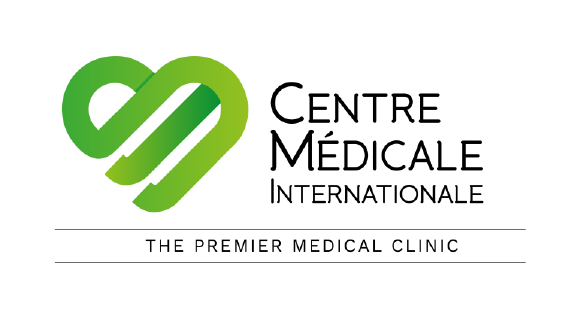Memory Loss: What is Dementia and How to Prevent It?
Memory Loss: What is Dementia and How to Prevent It?
By Dr. Donnabelle Chu
Dementia is not a specific disease. It is a syndrome or a group of disorders characterized by a decline from a previously attained cognitive level that affects activities of daily living (ADL) and social functioning. It is usually of a chronic or progressive nature that affects memory, thinking, orientation, and comprehension, learning capacity, language, judgment and mood as well as behavior. Dementia is one of the major causes of disability and dependency among older people worldwide. It can be overwhelming, not only for the people who have it, but also for their caregivers and families.
Worldwide, around 50 million people have dementia. It is projected that in 2030, total number of people with dementia will reach 82 million and 152 million in 2050. In our country, it is estimated that back in 2015, 726,864 people were living with dementia.
Dementia affects each person in a different way. Symptoms include progressive memory loss, difficulties with thinking, problem solving, or language. There are also changes in mood or behavior seen that these symptoms should be severe enough to reduce a person’s ability to perform everyday activities.
The most common form of dementia is Alzheimer’s disease, comprising 60-70% of cases. Other cases include other neurodegenerative diseases such as frontotemporal dementia and dementia with lewy bodies, deposits that affect chemicals in the brain which may lead to behavior, mood and movement. Another form is vascular dementia, which is associated with a history of stroke or cardiovascular disease.
Age is the strongest known risk factor for dementia although it does not only affect older people. It is a non-modifiable risk factor together with genetics. Modifiable risk factors on the other hand include cardiovascular risk factors like hypertension, dyslipidemia and diabetes mellitus; head injury; low education; poor hearing; depression and social isolation, and cognitive inactivity.
Treatment of dementia depends on its cause. In dementia due to neurodegenerative diseases such as that of Alzheimer’s disease, there is still no cure. However, medications are available to slow down or sometimes temporarily improve symptoms but they still do not alter the progressive course of the disease.
Since there is still no known cure for dementia, prevention is the key to reduce its risk. Studies have shown getting regular physical exercise, not smoking, eating a healthy diet, avoiding excessive alcohol intake, controlling one’s weight and maintaining a good cardiovascular health are some of the ways to prevent dementia. Avoidance of the other risk factors such as social isolation/ depression by engaging in more socially active and cognitively stimulating activities are also the other way to prevent one from developing dementia. Lastly, remember to challenge yourself and experience/ learn new things to keep your brain active and healthy to prevent the risk of dementia in the future.
In CMI, we understand the value of your memories and the importance of your neurological health. CMI offers Neurocognitive Evaluation and other neurological services under the care of board-certified CMI neurologists.
To schedule an appointment, please contact us at 02. 8812. 1CMI | 02. 8816 .1035 – 36 or email us at experience@cminternationale.com





